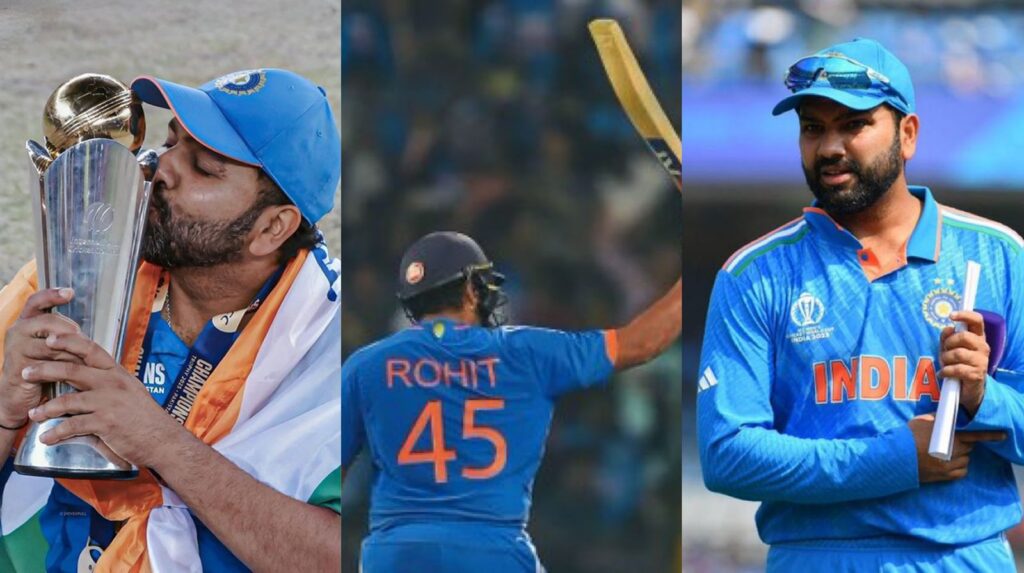
Boria Majumdar
“The captain is the least important person in the team,” he said. “No, not in terms of performance. When it comes to batting, you need to lead from the front. Set the tone. But on the field, the captain comes after all his players.”
A very Rohit Sharma kind of statement, and one that sums up his cricket philosophy.
Ask any member of the Indian team, and all of them would swear by their former skipper. They knew his door was always open. They knew they could confide in him, and that they had his backing. They knew he would do all he could to ensure they felt welcome and protected.
Rohit was a players’ captain, and that’s what defined his craft. He would go to any lengths to ensure that his team benefitted, and if that meant he had to do things differently, he wouldn’t hesitate. He led by example, and was known to make the youngsters feel at ease when they were new to the dressing room. Not only did he take them out for dinner to ease them into the pressures of international cricket, he always maintained that as leader, he needed to make his teammates feel the most comfortable.
“You can’t lead a cricket team in isolation,” he once told me. “You have to understand and talk to each and every player in your team, to know what they are thinking and how they are approaching the game. You have to make sure that they buy into your strand of thinking, for only then can a successful cricket team get created. You learn to understand human minds better, tackle situations better, get exposed to different cultures and ideas and, at the end of the day, turn into a better human being.”
I remember talking to Rohit after he had missed out on selection for the 2011 World Cup. Understandably, he was crestfallen. But like the story of his career, he refused to give up. He was prepared to go back to domestic cricket and do the hard yards. He was prepared to struggle far away from the camera glare, and get himself battle-ready for World Cup 2015.
It was because of a fabulous Rohit century against Bangladesh in the quarterfinal that India managed to make the semi-finals in Australia in 2015. Despite a blazing start in the semi-final, Rohit and the rest of the team failed against a superior Australian side. In 2019, India were even better but yet again fell short in the semi-final.
“Since the 2019 World Cup, we have plugged a few gaps in the team and I have to say we have the best balance we can possibly have,” said Rohit ahead of the 2023 World Cup on home soil. And yes, he led by example at the top of the order.
Rohit had the zeal and the willingness to embrace the occasion. As one of the best of this era, he knew he could win games for India. He looked ugly at times. But true to his motto, he never gave up and always placed the team first. It was a great stint as leader. One that we will always remember.
Follow Revsportz for latest sports news





